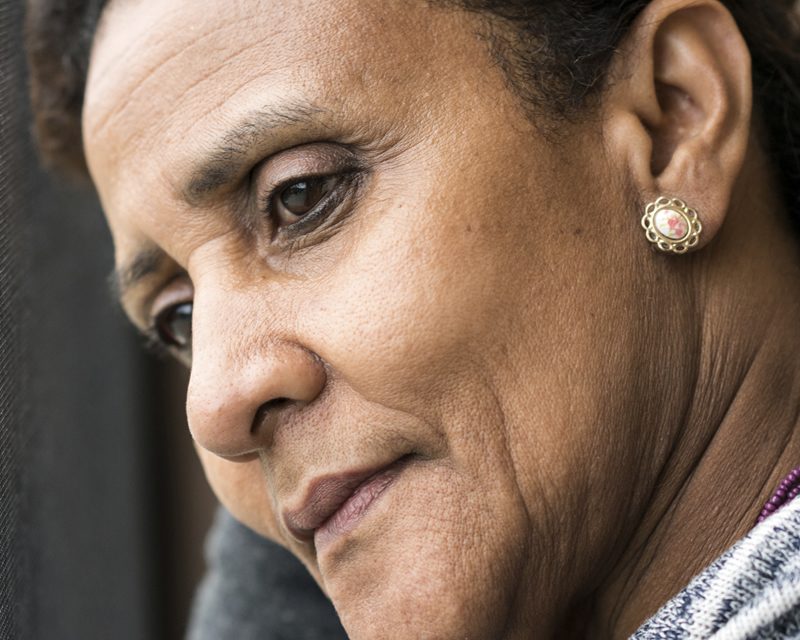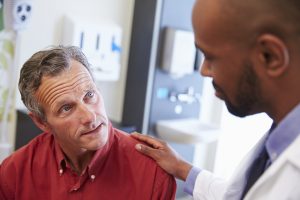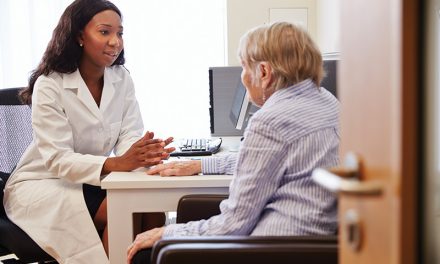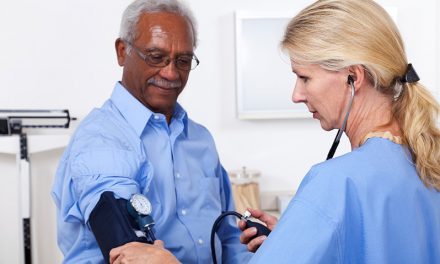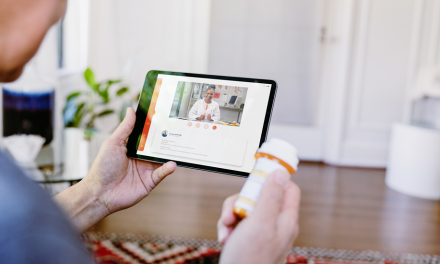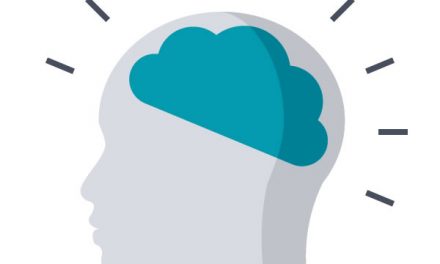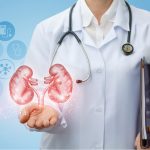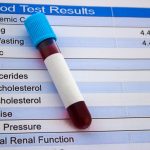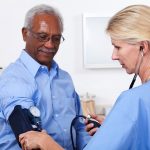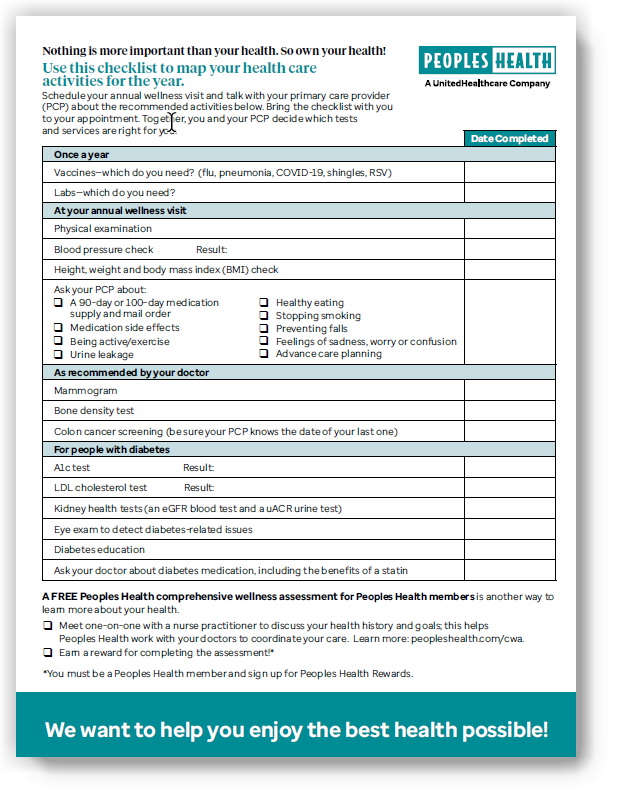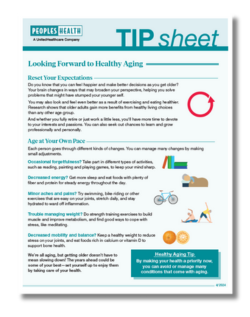How Do You Recognize Depression?
Common Symptoms
Feeling sad or anxious
Sleeping too much or too little
Feeling guilty, helpless or worthless
Having changes in appetite or weight
Losing interest in activities you once enjoyed
Feeling irritable or restless
Having less energy or feeling tired
Having thoughts of suicide or death
Depression Is Treatable
The first step is to talk with your doctor.
How is it diagnosed?
There are some exams and tests your doctor can do to diagnose your depression. Your doctor might:
- Do a physical exam and possibly lab work to rule out other conditions with similar symptoms. Your doctor will also look at the medications you’re taking.
- Order a psychological evaluation to ask about your symptoms, including when they started, how long they’ve lasted, how bad they are, if you’ve had them before, and if you ever had treatment for them.
Your doctor will also ask about your use of alcohol or drugs and if you have thoughts of suicide. - Give you a mental status exam to see if your memory, speech and thought patterns are working properly.
How is it treated?
The most common treatments are taking antidepressant medication as prescribed by your doctor and seeing a therapist. Together, you and your doctor will decide which is best for you. Often, a combination of the two works best.
Medication
Your doctor may prescribe antidepressant medication to help treat your depression. These medications are not addictive and they don’t make you feel strange, as though you were taking alcohol or stimulants.
Always let your doctor know about any other prescription or over-the-counter medications you take because they can interact with some antidepressants.
Therapy
Below are types of therapy that can help with depression.
- Talk therapy is when you talk with a therapist to better understand your problems.
- Cognitive therapy is learning how to change negative thoughts that can lead to depression.
- Behavioral therapy is learning to recognize and reduce negative behaviors that cause or come from depression; it helps you learn how to get more satisfaction from your day-to-day activities.
- Interpersonal therapy helps you look at your personal and professional relationships to see if they cause or worsen your depression; it also helps you learn ways to make these relationships better.
On the Road to Recovery
Make sure to keep your scheduled doctor visits and therapy sessions. It might seem like a lot of visits at first, but these visits are important and can decrease over time. And don’t forget to refill your prescriptions according to your doctor’s instructions.

